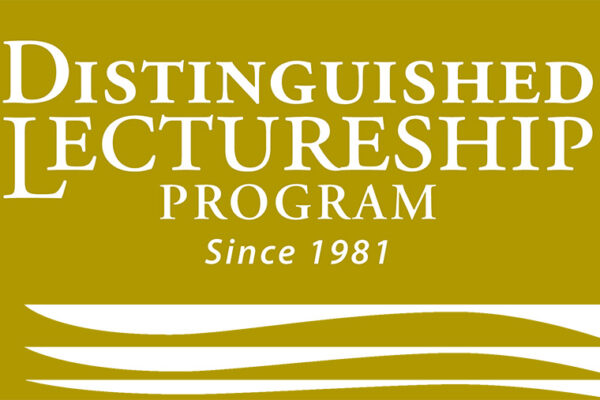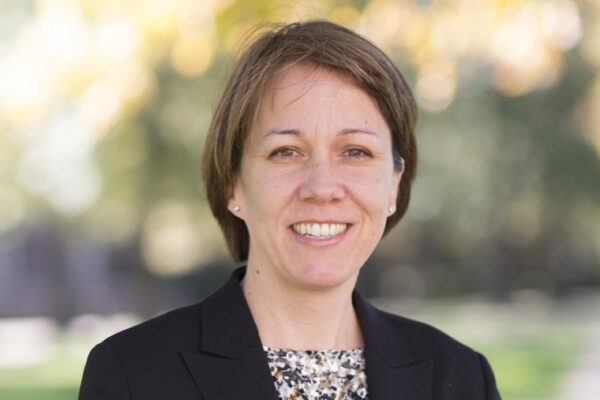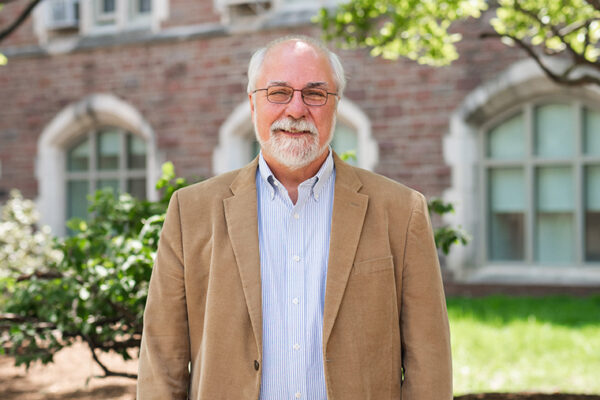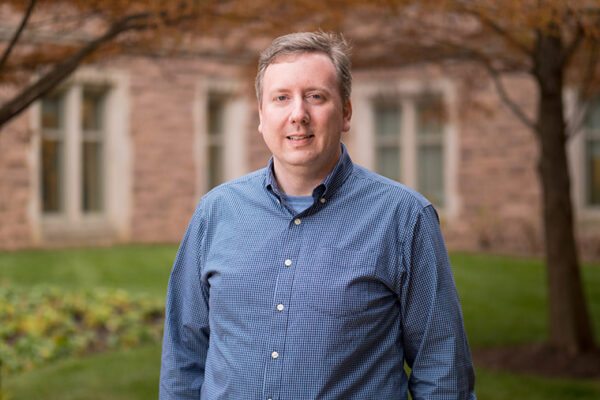Mars habitability may have been limited by its small size
Research led by Kun Wang in Arts & Sciences suggests a fundamental reason why Mars has no liquid water on its surface today: it may be just too small.
Mustakeem joins historian lectureship program
Sowande’ Mustakeem, associate professor of history and of African and African American studies, both in Arts & Sciences, has been appointed to the Organization of American Historians’ Distinguished Lectureship Program.
Behold the humble water flea, locked in a battle of mythological proportions
Biologist Rachel Penczykowski in Arts & Sciences sizes up an unlikely natural phenomenon: when parasitism actually causes the number of hosts to increase, an effect known as a hydra effect. Her study of common water fleas and their fungal parasites includes laboratory components and an analysis of 13 fungal epidemics in nature.
Hayes named interim vice dean of graduate education
Sophia Hayes, professor of chemistry, has been appointed interim vice dean of graduate education in Arts & Sciences, announced Feng Sheng Hu, dean of the Faculty of Arts & Sciences.
Yang leads $1.8M quantum physics research project
Li Yang, professor of physics in Arts & Sciences, leads a team that won a four-year $1.8 million grant from the National Science Foundation to help develop new quantum materials called artificial multiferroics.
Physicist Kelton awarded $1.5M for fluid study on space station
Kenneth F. Kelton, the Arthur Holly Compton Professor of Physics in Arts & Sciences, won a five-year grant from NASA to study fundamental fluid processes in the microgravity environment of the International Space Station.
Biologist Bose awarded Anant Fellowship for Climate Action
Arpita Bose in Arts & Sciences, whose research is connected to carbon sequestration and sustainable bioproduction, was selected to participate in the Anant Fellowship for Climate Action, a global program for climate change “solutionaries.”
WashU Expert: Did 9/11 ‘change everything’?
For years after the World Trade Center collapsed, it became common to hear that “9/11 changed everything.” Yet the phrase is ripe for historical analysis, said Krister Knapp, teaching professor and minor adviser in history in Arts & Sciences.
Who’s in cognitive control?
A new study into cognitive control from the lab of Todd Braver promises to be the first of many aimed at understanding its origins in the brain and its variations between people and among groups.
Geoscientist Catalano awarded $2M to investigate critical elements
Jeffrey Catalano, professor of earth and planetary sciences in Arts & Sciences, received a three-year Department of Energy grant to support research on elements and minerals essential for the production of electric vehicles, cellphones and computers.
View More Stories









